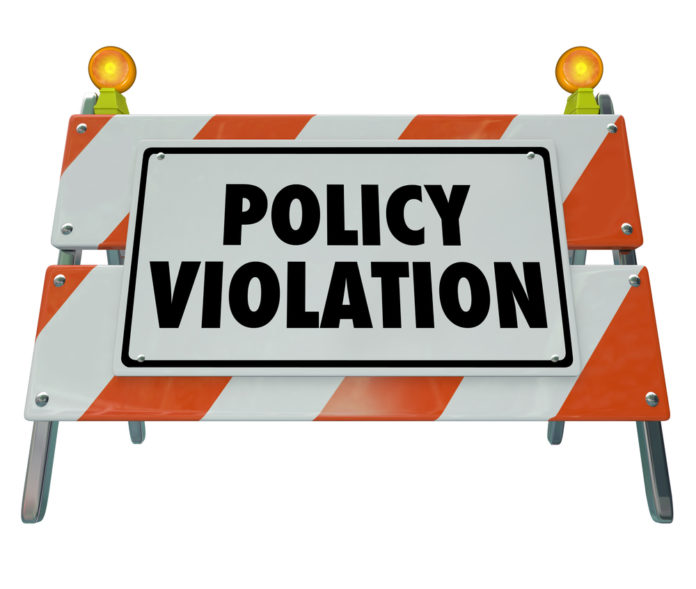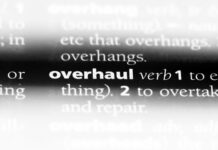Protest challenging agency’s sole-source decision award is sustained. The agency issued a solicitation as a competitive 8(a) business development procurement. Following protests, however, the agency cancelled the solicitation and then decided to award a sole-source contract for the same requirement to a tribally-owned business. GAO found that the decision to award a sole-source contract violated an SBA regulation that prohibits an agency from awarding a sole-source requirement that was previously offered as an 8(a) competitive procurement. SBA and the agency argued that the sole-source award was fine because it was for a new requirement. GAO disagreed, finding that the sole-source award had not altered the price of the previous procurement, nor did it require a different type of work.
The U.S. Transportation Command (USTRANSCOM) issued an RFQ under the GSA’s 8(a) STARS II governmentwide acquisition contract (GWAC). The RFQ contemplated award of a task order for enterprise information technology services. After evaluating proposals, USTRANSCOM awarded a task order. A disappointed vendor protested. USTRANSCOM took corrective action and then reissued the task order.
Another protest followed, which GAO sustained. Thereafter, USTRANSCOM decided to cancel the solicitation. The GWAC that USTRANSCOM was using for the procurement was set to terminate in less than five years. Because the agency required a five-year performance period, it reasoned that due to the delay caused by the protests, the RFQ issued under the GWAC could no longer meet the agency’s for a five-year requirement.
But after cancelling the solicitation, USTRANSCOM posted a notice stating that it intended to solicit the enterprise information requirement as an 8(a) sole source contract to a tribally-owned concern. UpSlope Advisors, Inc. filed a protest challenging the sole-source decision.
UpSlope contended that the sole source decision violated an SBA regulation—13 C.F.R. § 124.506(b). That regulation provides that a sole source 8(a) contract may be awarded to a tribal concern so long as the SBA had not accepted the requirement into the 8(a) business development program as a competitive procurement. UpSlope argued that the requirement had previously been submitted to the SBA for competition in the 8(a) program. Thus, USTRANSCOM could not now award the requirement as a sole-source contract.
GAO invited the SBA to provide its views on the protest. The SBA found USTRANSCOM’s sole-source decision unobjectionable. The purpose of the restriction in § 124,506(b), the SBA contended, was to prevent agencies from disingenuously competing an 8(a) requirement with the intent to award it on a sole-source basis. Here, the SBA agued, that concern was not implicated because USTRANSCOM had a legitimate reason for cancelling the previous solicitation—i.e., the impracticality of the 5-year performance period—and awarding a sole source contract.
GAO was no convinced by SBA’s reasoning. The plain language of § 124.506(b) did not discuss any consideration to be given to the basis on which a requirement is removed from a competitive procurement. Thus, the legitimacy of the agency’s decision in cancelling the previous procurement is irrelevant to whether the agency may award a sole source contract. The only relevant inquiry under the regulation is whether the requirement was previously accepted by the SBA as a competitive 8(a) procurement. If so, it cannot be converted to a sole source award.
The SBA, however, argued that if an agency’s needs have changed, then the agency many offer a sole-source procurement to a tribally-owned business. GAO agreed with this premise, but did not believe that USTRANSCOM’s needs had changed.
In determining whether a requirement constitutes a new requirement, GAO looks to whether the new requirement has adjusted the price by at least 25 percent and whether the new requirement requires different types of work. Here, the tribally-owned business’s estimated price for the sole-source contract did not represent a 25 percent change from the awarded price of the previous competitive procurement. Moreover, GAO found that the sole-source contract did not require different work. The sole-source notice clarified some information, removed a subtask, and added an additional cyber-security professional, but GAO did not believe these revisions meaningfully changes the regulation.
SBA and USTRANSCOM argued that he sole-source award was new insofar as the previous competitive procurement could no longer meet USTRANSCOM’s current needs. But GAO found that the agencies were conflating two things: where an agency’s requirements have changes, and where the current solicitation no longer satisfied the unchanged requirements
USTRANSCOM was facing the latter situation. The agency cancelled the previous RFQ because the previous GWAC could no longer provide a five-year period of performance that the agency needed. The fact that USTRANSCOM abandoned the GWAC demonstrated that the GWAC was not actually part of the requirement. Indeed, GAO noted, USTRANSCOM’s language in the sole-source notice had stated that it was procuring requirements that had been previously solicited, which indicated that the agency considered the sole-source award to be seeking the same requirement.
GAO concluded that the sole-source award violated the SBA’s restriction on awarding a sole-source contract to a tribally-owned business. GAO recommended that USTRANSCOM create a new acquisition plan that did not violate the requirement.
UpSlope is represented by James Y. Boland, Caleb E. McCallum, and Chelsea B. Knudson of Venable, LLP. The agency is represented by Colonel Patricia S. Weigman-Lenz, Major Laura Bauza, Captain Seiji Ohashi, Kenneth M. Roth, and Alexis J. Bernstein of the Air Force. Additionally, Mark Hagedorn appears on behalf of the Small Business Administration. GAO attorneys Christopher Alwood and Christina Sklarew participated in the preparation of the decision.





